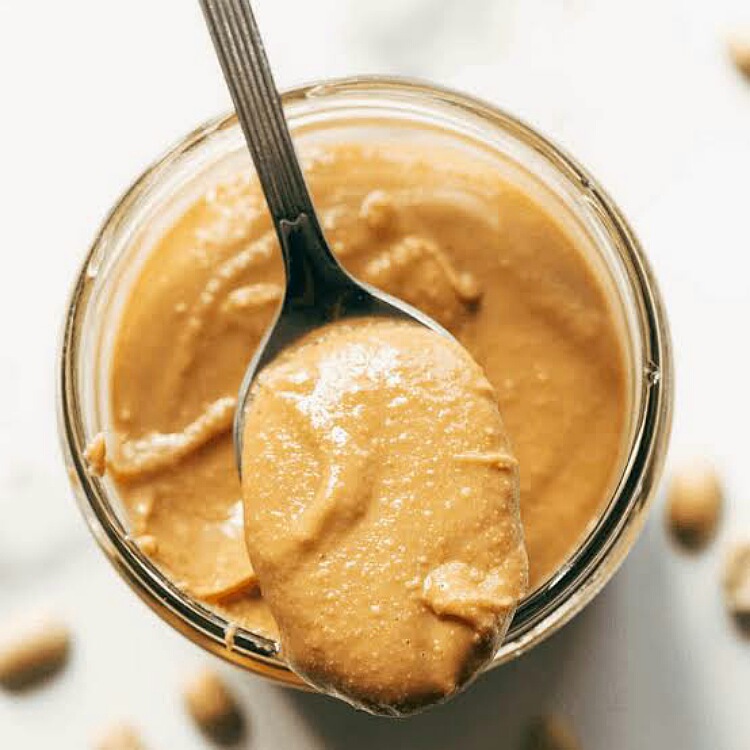Using peanut products early in the weaning process for babies could drastically reduce the risk of peanut allergies in later life, experts say. They believe that giving these foods to babies as early in life as four to six months could lessen their potential to get subsequent peanut allergy.
Peanut products as weaning foods
Earlier, peanut products such as puffed snacks and peanut butter were introduced later in life in weaning babies. But studies revealed that the incidence of peanut allergy in babies has doubled in the last decade. Now, one in 50 children in the UK suffer from this condition. Each year, 13k infants develop this condition. It is a life threatening condition and children with this allergy and their parents live in constant fear.

New research data is present in the current issue of the journal, Journal of Allergy and Clinical Immunology. It is based on two large scale studies, Learning Early About Peanut Allergy (Leap) trial, and the Enquiring About Tolerance (Eat) trial. Both studies showed that early introduction of peanut foods in infancy can prevent peanut allergy. But the optimal age of introduction was not clear.
The study and analysis
The researchers said that the data revealed that most babies get peanut allergy between the age of six to twelve months. They also found that earlier the age of first introduction of peanut foods in babies, lesser were the chances to get peanut allergy. And when the peanut foods were introduced late, there was no or minimal benefits only. This was particularly noticed in those with eczema and in the minority ethnic group.

The researchers argue that those with eczema should have their first peanut food at four months. And healthy babies can start the peanut food at six months. This would help reduce the allergy to peanuts by 77%.
Experts opinions
Co-author, Graham Roberts, a professor in paediatric allergy and respiratory medicine at the University of Southampton says:
“You’d stop 10,000 infants each year developing peanut allergy – [a] huge number and a real opportunity for preventive medicine,”
Co-author, Gideon Lack, a professor of paediatric allergy at King’s College London agrees that late introduction of peanut foods has contributed to rise in cases of peanut allergy. Gideon states:
“We believe peanut allergy develops by exposure to peanut products in the home through the skin,”
Another author, Mary Feeney, research dietitian from King’s College London says that government needs to revise its guidelines based on this study. And breastfeeding should continue. A teaspoon of peanut butter three times a week would help avoid peanut allergy in these babies, with or without eczema.

Read here: Peanut butter: day, nutritive values, health advantages, and allergies!
Avoid whole or chopped peanuts due to risk of choking. Blend the puffed snacks in porridge for easier intake. Gideon talked about the barriers to accepting this study findings:
“Part of it is culture, part of it is fear, part of it is this dichotomous belief that a child is either exclusively breastfed or eats solids, whereas the two can coexist,”
